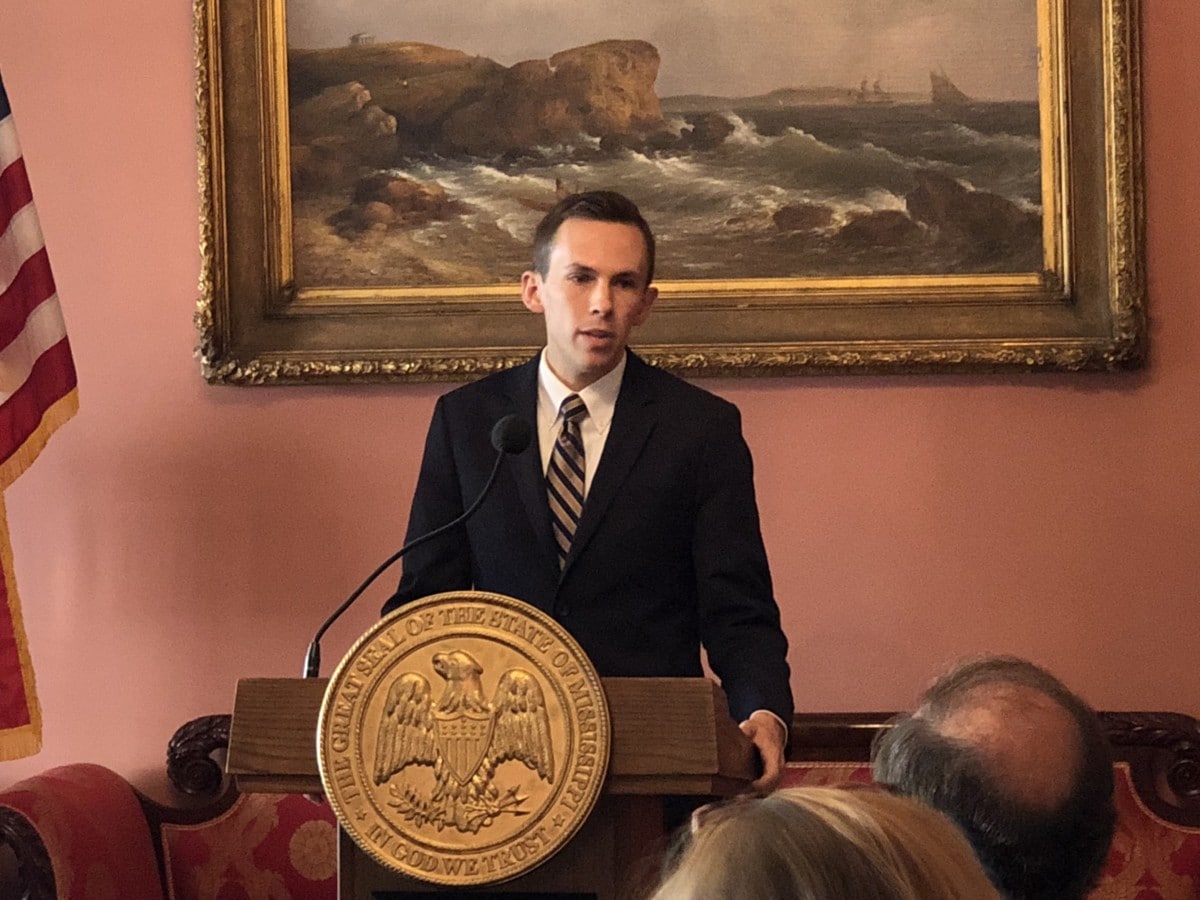The State Auditor’s Office has delivered multiple demands to individuals in Lincoln County.
State Auditor Shad White issued a civil demand to current Chancery Clerk of Lincoln County Tillmon Bishop for failure to reimburse the county for employee salary expenses from his office. Four current Lincoln County Supervisors were also issued civil demands related to voting to improperly pay the salary of a chancery clerk employee with county funds.
In Mississippi, chancery clerks are compensated for work based on the volume of services provided by their office. After paying or reimbursing the county for employee salaries and deducting other allowed expenses from the office account, a chancery clerk may receive annual pay of up to $90,000 from fees collected for services provided. Any additional fee payments received by the chancery clerk’s office must be transferred to the respective county general fund annually.
Mississippi county supervisors can vote to pay chancery clerk employee salaries if reimbursed by the clerk’s office. Investigators from the Auditor’s office concluded the county supervisors voted to pay these salaries, but Bishop failed to reimburse the county for over $125,000 in employee salaries from 2015 to 2018. This was discovered after a field auditor identified accounting irregularities during an audit of Lincoln County. The demand Bishop received is worth $165,813.11 and includes investigative costs and interest.
Current and former Lincoln County Supervisors Clarence E. Brown, Bobby J. Watts, Nolan E. Williamson, and William D. Falvey were also issued demand letters today for voting to improperly pay one of Bishop’s employees for performing bookkeeping services for the clerk’s office. Each demand received by the current supervisors is worth $5,666.00 and includes investigative costs and interest.
“It’s critical that officials abide by spending rules. And taxpayers in the county should not be on the hook when an official doesn’t abide by the rules,” said State Auditor Shad White.
If Bishop does not pay the amount of the demand letter in full within 30 days, the case will be transmitted to the office of the Attorney General for that office to pursue repayment on behalf of taxpayers in a court of law.




